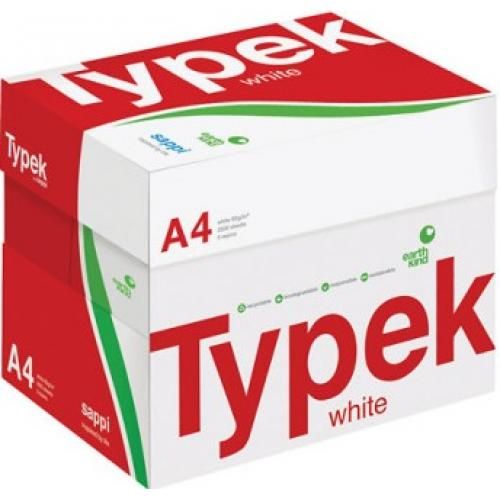Paper Packaging vs. Plastic Product Packaging: A Thorough Analysis of Security and Ecological Impacts
In the contemporary landscape of packaging, the discussion between paper and plastic is a pivotal one, especially when taking into consideration safety and security and environmental impacts. This short article aims to supply a detailed analysis of both products, examining their particular advantages and disadvantages in these critical areas.
Environmental Impact: Paper Product Packaging
Biodegradability and Recyclability: Paper product packaging, derived from renewable energies like trees, is naturally degradable and commonly recyclable. This lowers its impact on land fills and the environment.
Carbon Impact: The manufacturing of paper packaging can be resource-intensive. It commonly calls for considerable amounts of water and energy, adding to greater carbon emissions compared to some plastic production procedures.

Deforestation Worries: The sourcing of raw materials for paper product packaging can bring about logging otherwise handled sustainably. However, lots of makers currently use sustainably sourced paper to mitigate this concern.
Waste Reduction: Paper product packaging, when reused effectively, can significantly minimize waste. Nevertheless, its reduced durability compared to plastic means it might not always be the most efficient selection for sure products.
Environmental Impact: Plastic Packaging
Non-Biodegradability: Plastic packaging is well-known for its long disintegration time, adding to substantial ecological pollution and injury to marine life.
Reusing Difficulties: Although many plastics are recyclable, the intricacy of reusing different types of plastics can be an obstacle, causing lower recycling rates.
Greenhouse Gas Emissions: The production of plastic packaging generally releases fewer greenhouse gases contrasted to paper. However, the long-lasting ecological effect of plastic waste is a major issue.
Energy Consumption: The manufacturing process for plastic product packaging is often a lot more energy-efficient than that for paper, yet the end-of-life impact of plastic is damaging as a result of its non-biodegradable nature.
AW Packaging Co.,Ltd to consider
Chemical Leaching: Certain kinds of plastic product packaging can seep chemicals, specifically when utilized for food packaging. This raises concerns about prospective wellness effects.
Food Safety: Paper product packaging, especially when it is uncoated and unattended, is usually taken into consideration safer for direct food call compared to some plastics.
Longevity and Defense: Plastic packaging offers premium protection versus dampness, air, and contaminants, making it optimal for a wide variety of items, particularly food products.
Consumer Understanding: Lots of consumers perceive paper as a much safer and a lot more eco-friendly alternative compared to plastic, influencing their getting decisions.
Verdict
The option in between paper and plastic product packaging is intricate and complex. While paper product packaging is often seen as more eco-friendly due to its biodegradability and recyclability, its manufacturing process can be resource-intensive and contribute to logging. On the various other hand, plastic packaging, regardless of its toughness and lower production exhausts, poses substantial environmental challenges because of its non-biodegradable nature and recycling complexities.
In regards to safety, paper packaging normally positions fewer wellness dangers, specifically for food-related applications, whereas plastic packaging's risk of chemical leaching is a problem. However, the exceptional longevity and protective high qualities of plastic make it a functional option for numerous products.
Inevitably, the choice in between paper and plastic packaging must be based upon a thorough understanding of the product requirements, environmental factors to consider, security issues, and customer preferences. As the product packaging sector continues to evolve, developments in both paper and plastic product packaging are most likely to deal with a few of these challenges, leading to more lasting and practical packaging services.
